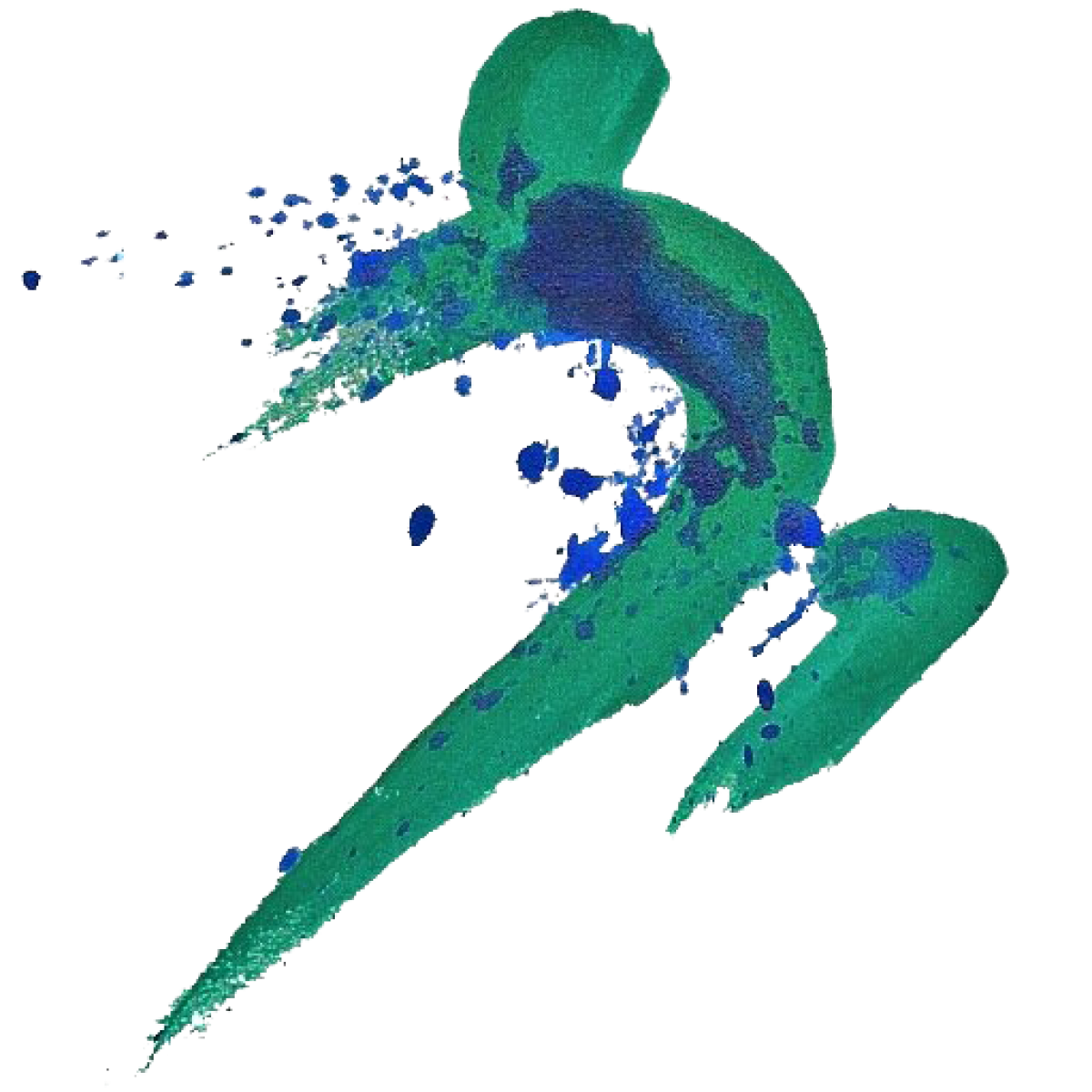
(graduate director & professor, University of Alabama, founder/director of Wyoming Pathways from Prison, )
I am an anthropologically trained Professor of Criminology and Criminal Justice who uses immersive ethnography and community-based participatory research (CBPR) methods to analyze intersections between violence, vulnerability, and criminal justice institutions. I am an author or editor of 16 book-length works and over 100 articles and technical reports, with this research supported by federal funders including the National Science Foundation, Census Bureau, Department of Justice, and Fulbright-Hays, international organizations such as UN Women, and foundations such as the Wenner Gren Foundation for Anthropological Research, Microsoft Philanthropies, Planned Parenthood of the Rocky Mountains, the Correctional Education Association, and the National Collaborative on Gun Violence Research. Results of these projects have been featured in national media outlets such as The Chronicle of Higher Education, PBS, The Huffington Post, The Washington Post, and The Nation. I speak five languages, have worked, lived in, or visited 46 countries, and live and farm on a self-sufficient, off-the-grid permaculture homestead.
I have led six distinct CBPR projects throughout my career:
1. Transformative Programs and Practices in Correctional Settings: I worked as a researcher and services provider for eight years (2012-2020) in more than 100 prisons and jails to explore how educational opportunities and therapeutic approaches can improve institutional social climate and post-release outcomes.
2. Wyoming Pathways from Prison: I founded and directed the national award-winning free college-in-prison program Wyoming Pathways from Prison (2012-2020). I held a Wyoming Department of Corrections Central Office staff badge while leading this work, which included interviews with over 300 currently and formerly incarcerated people and every correctional professional in the state.
3. Women of the Street: I collaborated with a Denver, Colorado women’s transitional housing facility for six years (2010-2016) of CBPR-driven ethnographic work, quantitative data collection, and more than two hundred in-depth interviews with street-involved women and the criminal justice and social services professionals with whom they regularly interact.
4. Feeding Fiji: I led a seven year (2007-2014) CBPR project in the Pacific Islands on market trade’s unification of ecosystems and ethno-linguistic groups via large-scale inter-island commerce organized and facilitated almost entirely by women. Working in conjunction with UN Women, I conducted extensive archival research, over 400 in-depth interviews with women market traders, and long-term ethnographic observations to produce numerous substantive technical reports.
5/6. Current projects: Since May 2021, I have facilitated multiple distinct CBPR projects with the Tuscaloosa County District Attorney’s Office and the South Carolina Department of Corrections.

